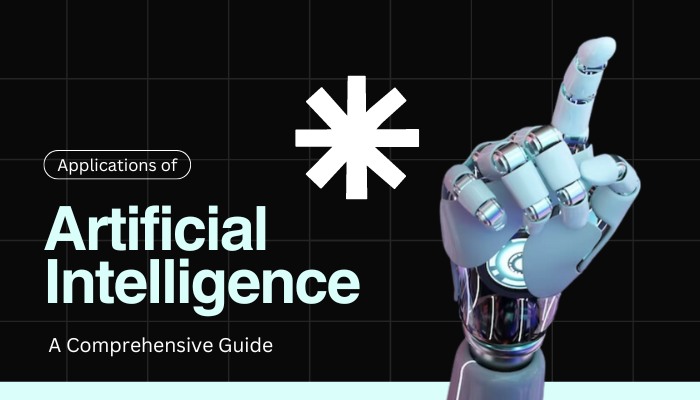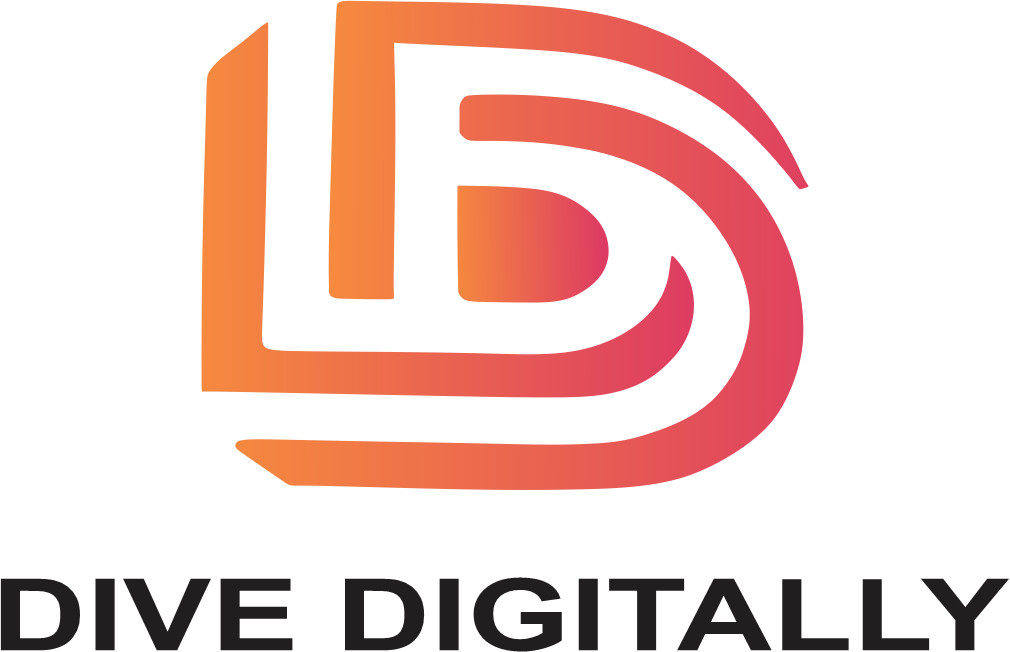Unlocking the Future: A Beginner’s Guide to Artificial Intelligence

Artificial Intelligence (AI) has rapidly evolved from a futuristic concept to a transformative technology reshaping industries and daily life. As AI continues to advance, understanding its fundamentals becomes increasingly crucial. This comprehensive guide will delve into the basics of AI, exploring its history, key concepts, applications, and the ethical considerations surrounding its development.
What is Artificial Intelligence?
AI refers to the development of intelligent agents, systems capable of performing tasks that typically require human intelligence. These tasks encompass a wide range of activities, including problem-solving, learning, reasoning, perception, and natural language understanding. AI categorized into two primary types:
- Narrow AI: Narrow AI excels in a specific task or domain. Examples include facial recognition systems, virtual assistants like Siri and Alexa, and self-driving cars.
- General AI: Also known as Strong AI, this refers to AI that possesses human-level intelligence and can perform any intellectual task that a human can. While still a theoretical concept, achieving general AI remains a significant goal in the field.
A Brief History of Artificial Intelligence
Pioneers like Alan Turing and John McCarthy began exploring the possibility of creating machines that could think in the 1950s, tracing the roots of AI back to this time. Early AI research focused on developing rule-based systems and expert systems. However, significant advancements came with the development of machine learning algorithms and the availability of vast amounts of data.
Key Concepts in Artificial Intelligence
- Machine Learning: A subset of AI that enables systems to learn from data and improve their performance over time without explicit programming.
- Deep Learning: A type of machine learning that utilizes artificial neural networks with multiple layers to analyze complex patterns in data.
- Natural Language Processing (NLP): The ability of computers to understand, interpret, and generate human language.
- Computer Vision: The field of AI that focuses on enabling computers to interpret and understand visual information from the real world.
Applications of Artificial Intelligence
AI is transforming various industries and aspects of our lives. Some notable applications include:
- Healthcare: AI is being used for drug discovery, medical image analysis, personalized medicine, and virtual health assistants.
- Finance: AI is employed for fraud detection, algorithmic trading, credit risk assessment, and customer service.
- Retail: AI-powered recommendation systems, chatbots, and inventory management are revolutionizing the retail industry.
- Manufacturing: AI is used for predictive maintenance, quality control, and robotics.
- Transportation: Self-driving cars and autonomous vehicles are leveraging AI for navigation and decision-making.
Quantum AI: The Next Frontier
Quantum computing, a rapidly emerging field, has the potential to revolutionize AI by offering exponentially faster processing power. AI aims to harness the principles of quantum mechanics to solve complex problems that are currently intractable for classical computers. While still in its early stages, quantum AI holds immense promise for fields like drug discovery, materials science, and optimization.
The Ethics of AI
As AI continues to advance, it is crucial to address the ethical implications associated with its development and deployment. Some key concerns include:
- Bias and Fairness: AI systems can perpetuate existing biases present in the data they are trained on. Ensuring fairness and eliminating bias is essential.
- Job Displacement: AI has the potential to automate certain tasks, leading to job displacement. Strategies for mitigating this impact and retraining workers are necessary.
- Privacy and Security: AI systems collect and process vast amounts of data, raising concerns about privacy and security. Strong data protection measures are crucial.
- Autonomous Weapons: The development of autonomous weapons systems raises ethical questions regarding the potential for misuse and the loss of human control.
Humanizing AI
While AI is designed to augment human capabilities, it is essential to maintain a human-centered approach. This involves ensuring that AI systems are transparent, explainable, and accountable. Collaboration between AI researchers, developers, and policymakers is vital to guide the development of AI in a responsible and beneficial manner.
Conclusion
Artificial Intelligence is a rapidly evolving field with the potential to transform our world. By understanding the basics of AI, its history, key concepts, applications, and ethical considerations, we can navigate this transformative technology responsibly and harness its benefits for the betterment of society. As AI continues to advance, it is crucial to foster open dialogue, collaboration, and ethical guidelines to ensure its development aligns with human values and aspirations.






